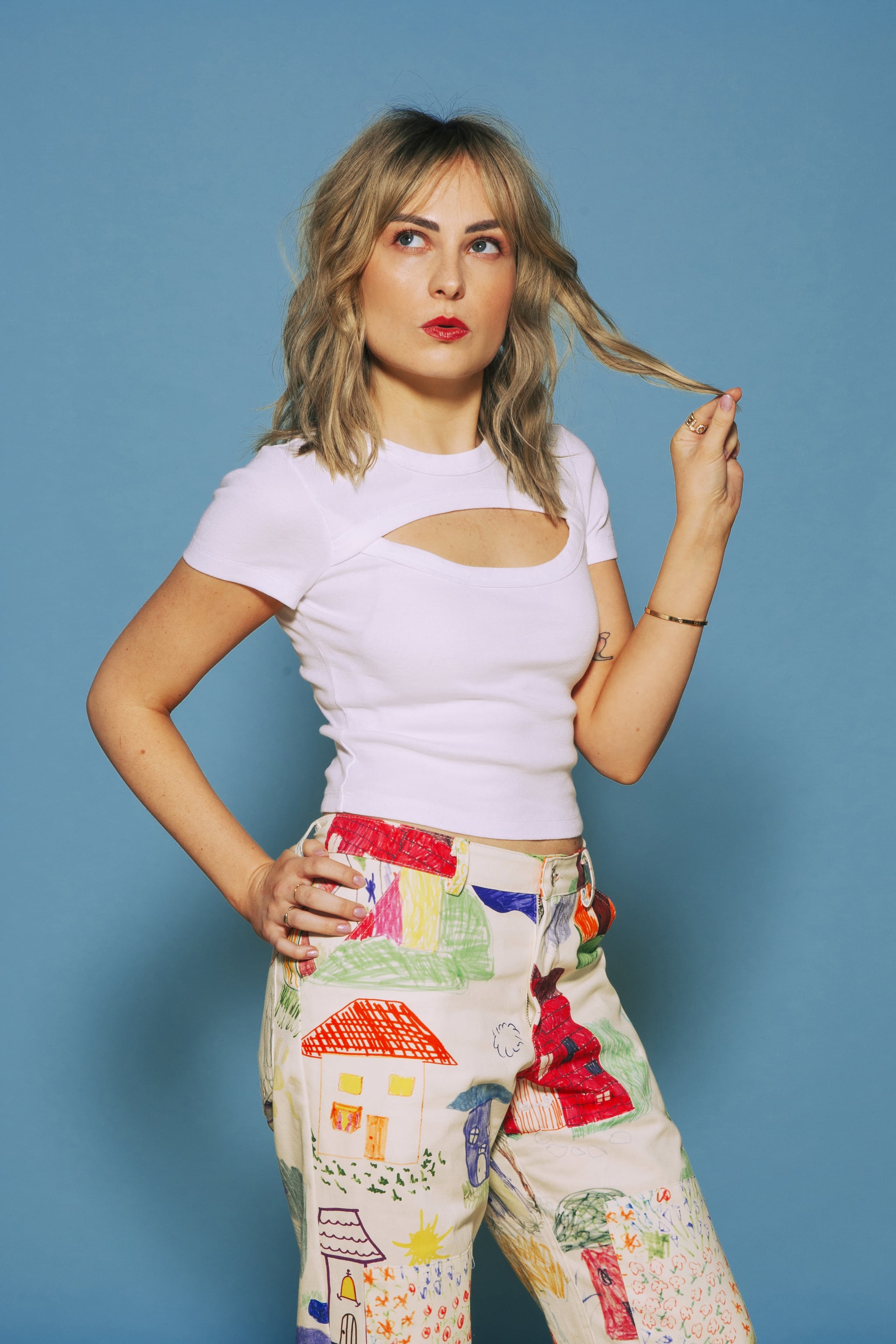After being diagnosed with a genetic disorder called retinitis pigmentosa, life started to change quickly for Molly Burke. Though born legally blind, the 29-year-old content creator, author, and motivational speaker lost most of her vision at the age of 14, leaving her with only a bit of light perception. The platform she’s built on TikTok and across social media since then is dedicated to strength and positivity, as well as advocacy for those within the disability community. But while Burke’s vision loss is rare, her story is not entirely unusual.
In the United States alone, one in four people are living with some kind of disability. Despite this reality, a recent Skims campaign featuring an adaptive clothing line for people with physical limitations still managed to spark an impressive amount of controversy and confusion, following in the footsteps of brands like Nike and Aerie. Critics wondered why this kind of accessibility was necessary at all, questioning just “how far” such inclusivity could possibly go. Luckily, Burke is here to offer some important clarification.
“The reality is the majority of us are not born disabled. Most disabled people acquire their disability through age, accident, or illness,” Burke tells POPSUGAR. In fact, 80 percent of people with disabilities acquired them between the ages of 18 and 64, per the World Economic Forum.
“We are you. We are everybody.”
“It’s so important that we normalize disability and that people have exposure to authentic representation of disability and education around it, because we’ve been othered from society for so long,” Burke shares. “We are you. We are everybody.”
Of course, accessible options such as Skims’s adaptable shapewear line don’t just benefit the disability community. “Most accessible design is actually just universally better,” Burke says, pointing to the curb cut as an example. “[It] was designed for people with mobility aids like walkers or wheelchairs, but now every single person that’s riding a bike or pushing a baby stroller, skateboarding, with a shopping cart — everybody is happy that [a] curb cut exists when they go to cross the street.”
But although there are so many concrete benefits to increased accessibility, it’s still not a priority for everyone. This mindset is something Burke would like to change. “You shouldn’t wait to care until somebody that you love is disabled. And unfortunately, that’s often how it is — people do not think about our community or care about our community until they or a loved one requires it,” Burke says. “If you’re privileged enough to live a long life, you’re probably going to become disabled, and don’t you want things to be there in place for you when that’s your need?”
One possible explanation for this indifference could be the way in which disability is treated as a whole. “All the time, I have people say, ‘I would rather die than be blind,'” Burke says. “That’s how negatively we view disability in society. It’s a worse fate than death to be disabled.”
After losing her vision, Burke had to find a way to keep going herself, putting in the work for the sake of her own happiness. “It’s really easy when you are in the pits of despair, struggling with your mental illness, to look at these positive people and be like, ‘Well, they’re just naturally optimistic. They were just born that way.’ Absolutely not,” she says. “I am the first to say that I’ve struggled with depression. I struggle with anxiety. And every single day, I wake up and I choose to be happy.”
“I always say you just find the strength that you need because you have no choice,” she says. “When you get to that rock-bottom place, you’re like, ‘OK, I can give myself one more chance.’ And look at the life that I found by giving myself that one more chance.”
Image Source: Molly Burke
